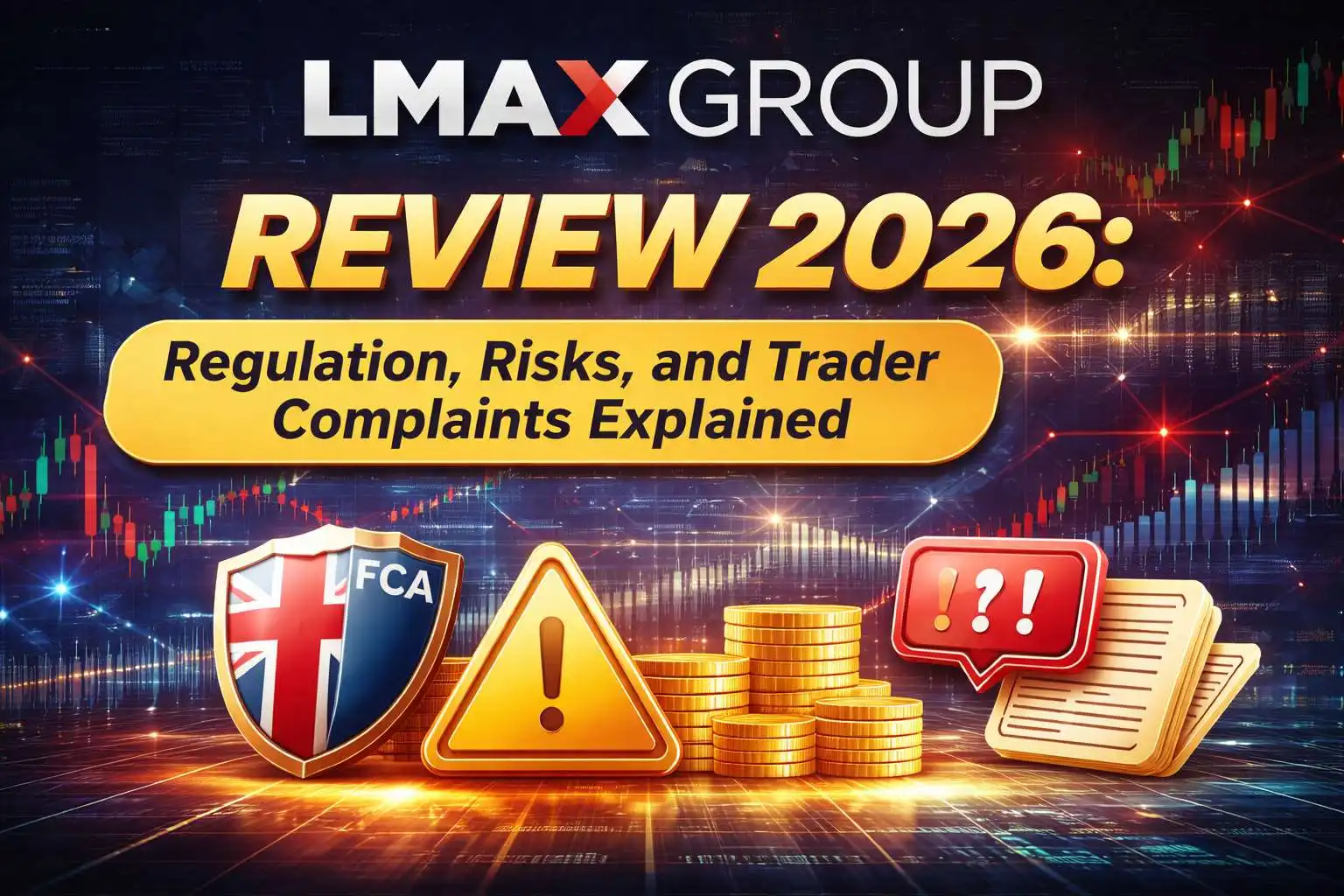LMAX GROUP Review 2026: Regulation, Risks, and Trader Complaints Explained
LMAX GROUP review: FCA regulation, WikiFX score 7.51/10, trader complaints, risks, and broker comparison. Is LMAX GROUP safe for traders?
简体中文
繁體中文
English
Pусский
日本語
ภาษาไทย
Tiếng Việt
Bahasa Indonesia
Español
हिन्दी
Filippiiniläinen
Français
Deutsch
Português
Türkçe
한국어
العربية
Abstract:Dukascopy Bank SA, a reputable Swiss financial institution, has issued a public warning against an entity that is fraudulently using its data and brand.

Dukascopy Bank SA, a reputable Swiss financial institution, has issued a public warning against an entity that is fraudulently using its data and brand. The clone is operating under the domain name https://dukasaitrades.eu/, which is not affiliated with Dukascopy Bank, Dukascopy Europe, Dukascopy Japan, or any other legitimate entity within the Dukascopy Group.
In its statement, Dukascopy emphasized that the website in question is not controlled by any entity within the Dukascopy Group. The bank strongly advises the public to refrain from trusting any information found on dukasaitrades.eu and warns against providing any personal or financial data on this platform.
What Are Clone Firms?
Clone firms are fraudulent entities that impersonate legitimate companies by copying their branding, including name, logo, and other business details, to deceive unsuspecting investors. These fraudulent sites are designed to appear credible, making it easier to lure potential victims into believing they are dealing with a genuine firm. Once trust is established, the clone can manipulate victims into sharing sensitive data or even transferring funds, which are then stolen.
Previous Clone Incidents
This is not the first time Dukascopy has been targeted by clone websites. Just a week ago, the bank issued a similar warning regarding another fraudulent entity that was using its name and likeness without authorization. The recurring nature of these incidents highlights the importance of vigilance among investors and traders in the financial markets.
Actions Taken by Dukascopy
Dukascopy Bank has stated that it is actively taking steps to address this issue and protect its clients from potential scams. The bank is working with relevant authorities to shut down the fraudulent website and prevent further abuse of its brand and data. In the meantime, the institution urges the public to always verify the legitimacy of any website or communication claiming to be associated with Dukascopy.
Staying Safe in the Digital World
Clone firms are becoming increasingly sophisticated in their methods, making it essential for investors to remain vigilant and conduct thorough due diligence before engaging with any online trading platform. Dukascopy Bank is committed to safeguarding its clients and continues to monitor and address any misuse of its brand.
Investors are encouraged to report any suspicious websites or entities claiming to be associated with Dukascopy Bank to the institutions official customer service team. By staying informed and cautious, traders can protect themselves against falling prey to such fraudulent schemes.

Disclaimer:
The views in this article only represent the author's personal views, and do not constitute investment advice on this platform. This platform does not guarantee the accuracy, completeness and timeliness of the information in the article, and will not be liable for any loss caused by the use of or reliance on the information in the article.

LMAX GROUP review: FCA regulation, WikiFX score 7.51/10, trader complaints, risks, and broker comparison. Is LMAX GROUP safe for traders?

UK FCA urges firms to tighten complex ETP sales, citing rising retail demand and risks tied to leverage and social media promotions.

WikiFX Golden Insight Award uniting industry forces to build a safe and healthy forex ecosystem, driving industry innovation and sustainable development, launches a new feature series — “Voices of the Golden Insight Awards Jury.” Through in-depth conversations with distinguished judges, this series explores the evolving landscape of the forex industry and the shared mission to promote innovation, ethics, and sustainability.

WikiFX Golden Insight Award uniting industry forces to build a safe and healthy forex ecosystem, driving industry innovation and sustainable development, launches a new feature series — “Voices of the Golden Insight Awards Jury.” Through in-depth conversations with distinguished judges, this series explores the evolving landscape of the forex industry and the shared mission to promote innovation, ethics, and sustainability.
